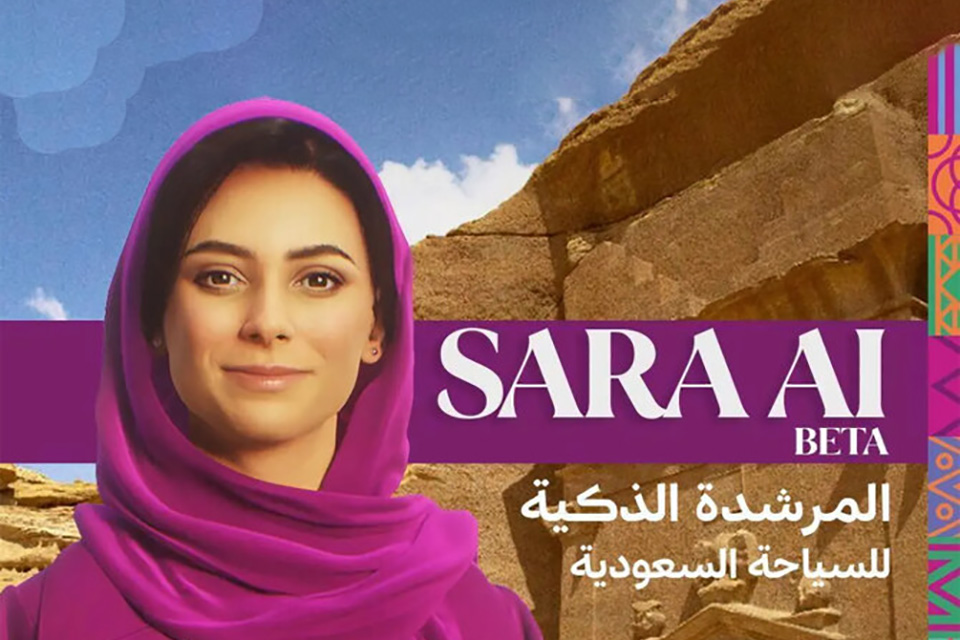- News
PIA Inks Deal to Boost Saudi Tourism
The partnership between PIA and Saudi Arabia’s marketing representative aims to strengthen cultural and economic ties.
Article Summary:
- Pakistan flag carrier Pakistan International Airlines (PIA) and Funadiq Travel & Tourism Services enter a partnership to strengthen tourism between the two countries.
- The collaboration also supports Saudi Arabia’s broader Vision 2030 goals of becoming a leading global destination and diversifying the Saudi economy away from petroleum.
- The news comes amid PIA’s looming privatization, set for October 1st, amid debt and operational efficiency struggles.
Over the years, Pakistan International Airlines (PIA) has played a significant role in connecting Pakistan to Saudi Arabia.
Every year, the Pakistan flag carrier transports millions of Muslims performing the sacred annual pilgrimages of Hajj and Umrah. In addition, it has also served as a major carrier for commercial travel between the two countries.
On September 23, PIA and Funadiq Travel & Tourism Services entered a deal to strengthen inter-country tourism. The two parties signed the agreement on the day which marks Saudi Arabia’s 94th National Day. Funadiq Travel & Tourism Services is the Saudi Tourism Authority’s official marketing representative.
Strengthening ties
The collaboration between Pakistan International Airlines and Funadiq will promote Saudi Arabia as a preferred tourist destination for Pakistani travelers. It also strengthens the defense, cultural, and economic relationship between Pakistan and Saudi Arabia.
Moreover, it underscores the broader Saudi Vision 2030 strategies of establishing the kingdom as a leading global destination. In addition, the program also aims to diversify Saudi Arabia’s economy away from petroleum wealth.
Amir Hayat, PIA CEO, also remarked, “This partnership reflects PIA’s commitment to providing enhanced travel experiences for our passengers. By working with Funadiq and the Saudi Tourism Authority, we aim to make travel between Pakistan and Saudi Arabia more accessible and enjoyable for our customers.”
Meanwhile, Funadiq CEO Mohammad Salman Arain also noted the company’s enthusiasm to work with Pakistan International Airlines.
“We are thrilled to join hands with PIA in promoting Saudi Arabia as a world-class destination. Together, we will ensure that Pakistani tourists enjoy seamless travel experiences while exploring the rich cultural and historical heritage of Saudi Arabia,” he said.
To support the partnership, PIA will launch joint marketing initiatives, co-branded travel packages, and sustainable tourism practices. In addition, this supports the expansion of its services and the enhancement of connectivity for customers.
PIA’s privatization
The partnership between Funadiq and Pakistan International Airlines comes amid the looming privatization of the latter. The bidding process for the carrier will begin on October 1, 2024, with six companies that have undergone pre-qualification. These include Fly Jinnah, Airblue Limited, and consortia led by YB Holdings Pvt Ltd and Pak Ethanol Pvt Ltd. 60 percent of the airline’s shares will be for sale.
The privatization is part of a comprehensive strategy to revitalize the airline, as it struggles with debt and operational inefficiencies. Specifically, PIA hopes to receive 65 to 70 million rupees (USD 776.8 to USD 836.5 million) annually to sustain operations.
With the investment, it plans to expand the Pakistan carrier’s fleet from 18 to 45 aircraft within three years. Moreover, there will be no changes to the airline’s name or route cancellations without federal approval.
Reconnecting to Jeddah
In July, PIA announced it would resume flights from Quetta to Jeddah beginning on August 6. Specifically, the airline returned the service after it was halted during the COVID-19 pandemic.
Speaking to Dawn.com, PIA sales officer Shabbir Tareen gave more details about the flight resumption.
“[Up to] 340 passengers could be taken from Quetta to Jeddah within a week through two flights,” he said. The Quetta-Jeddah flights remove the inconvenience of needing to go to Islamabad, Karachi, or Lahore first.
Photo by John McArthur on Unsplash






